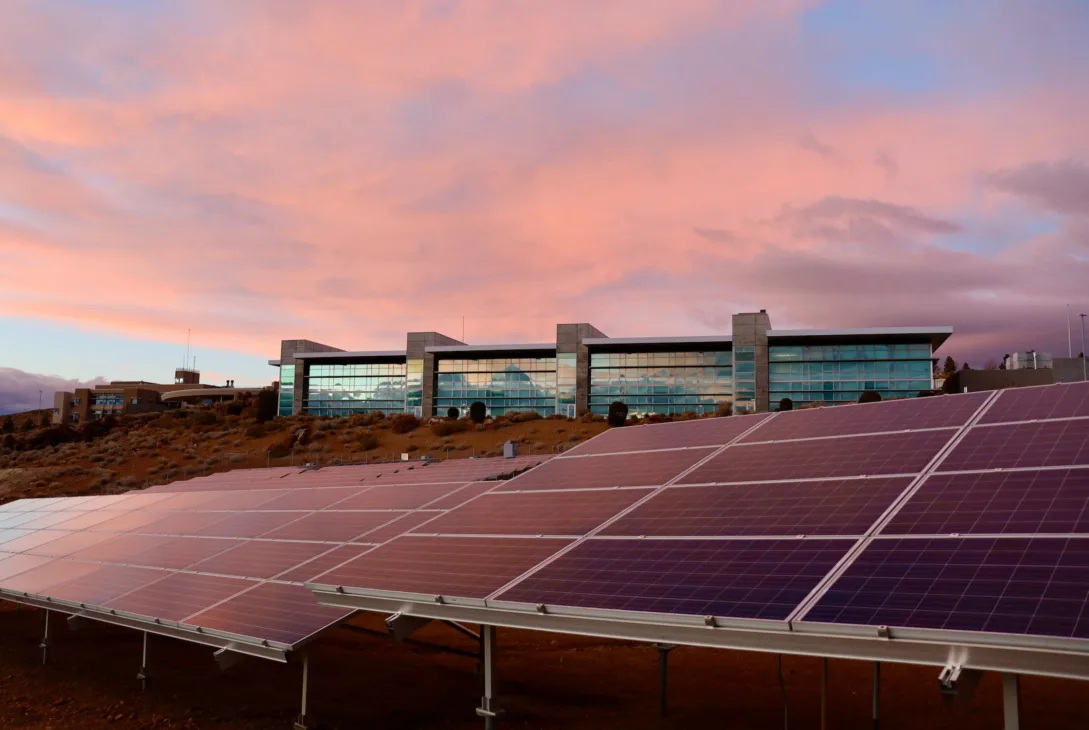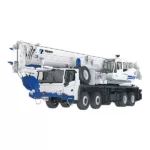The construction industry in Malaysia is one of the largest sectors that significantly impact the country’s economy. However, the industry’s dependence on traditional energy sources has increased costs and environmental issues. For construction organisations in Malaysia aiming to levitate towards renewable energy without compromising their financial stability, solar panel financing presents a valuable tool. In this article, we will explore the concept of solar panel financing in Malaysia and its role in enhancing the productivity and development of construction businesses in Malaysia.
Solar panel financing is a financial agreement tailored to assist businesses in obtaining capital or securing a loan to purchase or lease solar panels, with repayment scheduled over a designated time frame. This financing avenue allows construction companies to access the latest technology, upgrade their energy inventory, and stay competitive without incurring substantial upfront costs.
How Solar Panel Financing Works
Identifying Energy Needs
When it comes to fulfilling energy needs for construction companies, it is crucial to assess the energy needs according to project demands, especially when considering manufacturing equipment financing. This usually involves determining the size, type, and specifications of the solar panels needed for various construction activities. By doing so, businesses can make more informed decisions regarding the type and size of solar panels required, influencing the overall system efficiency and expenses.
Choosing the Right Financing Option
Once the equipment needs are identified, businesses can consider various financing alternatives to acquire the necessary construction equipment. These options could include traditional bank loans, specialised construction equipment financing programs, and equipment leasing. Traditional bank loans are the most common type of equipment financing option, where businesses seek loans from banks or financial institutions. Specialised construction equipment financing programs offer less stringent credit requirements and end-of-term flexibility. Equipment leasing, on the other hand, allows businesses to utilise the equipment for a predetermined duration in exchange for regular payments, offering potential tax advantages.
Benefits of Solar Panel Financing
Optimises Cash Management
Opting for solar panel financing enables businesses to avoid large upfront costs and safeguard their cash flow for other operational needs. This is because financing options, such as solar loans, solar leases, and power purchase agreements (PPA), allow businesses to distribute the expense of solar panel installation over a specific period rather than making a single large payment upfront. This approach can help businesses maintain a healthy cash flow and is crucial for their financial well-being and expansion. Additionally, it allows businesses to allocate their resources to other operational needs, such as equipment acquisition and marketing efforts.
Access to Frontier Technology
Solar panel financing empowers businesses to access the latest solar panel technology, enhancing efficiency and competitiveness within the industry. This option facilitates the distribution of costs over a designated period, providing access to better durability, improved performance in low-light conditions, and higher energy output. Through careful assessment and evaluation of these financing options, businesses can make data-driven decisions that support their progress and efficacy, contributing to a more sustainable future.
Personalised Repayment Solutions
Many construction equipment financing options offer flexible repayment conditions, enabling businesses to synchronise payments with their project timetables and cash flow. This flexibility alleviates the financial strain on businesses so they can align repayments with their operational cash flow and timelines of their projects. Some lenders extend tailored financing alternatives, such as deferred payments of seasonal payment structures, to accommodate businesses’ specific cash flow needs. Businesses can select the most appropriate option by assessing these financing alternatives and understanding the benefits of flexible repayment terms.
In conclusion, solar panel financing presents a valuable resource for Malaysian construction businesses seeking to transition to renewable energy. Businesses can make informed decisions by gaining a comprehensive understanding of the diverse financing options available and associated advantages. As the construction industry continues to evolve, harnessing the appropriate financing solutions will be essential for businesses, helping them remain competitive and meet the evolving market requirements.







